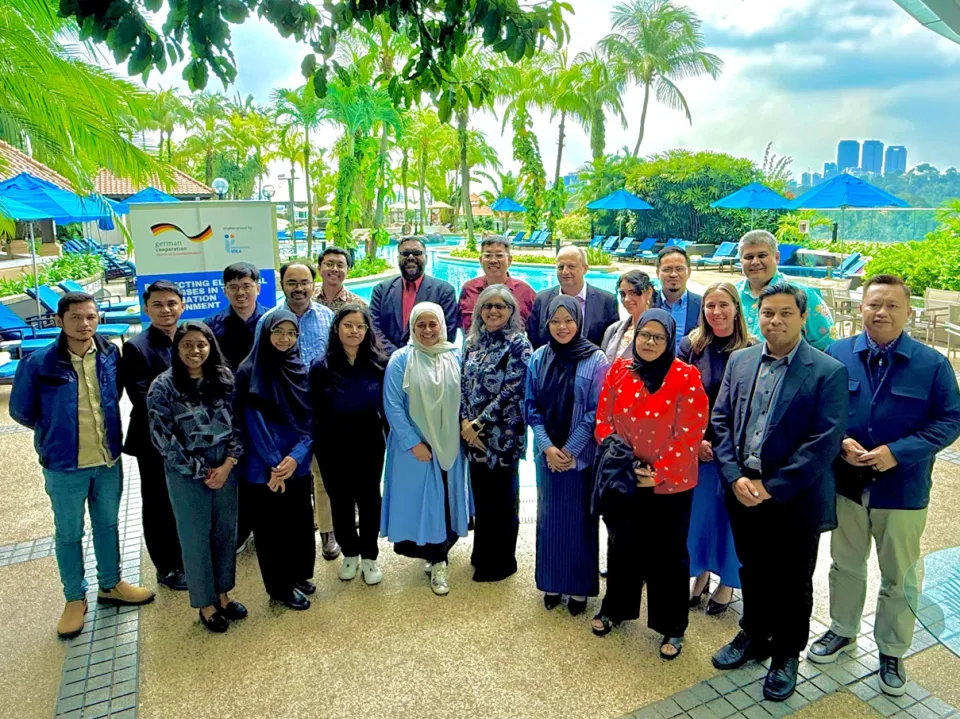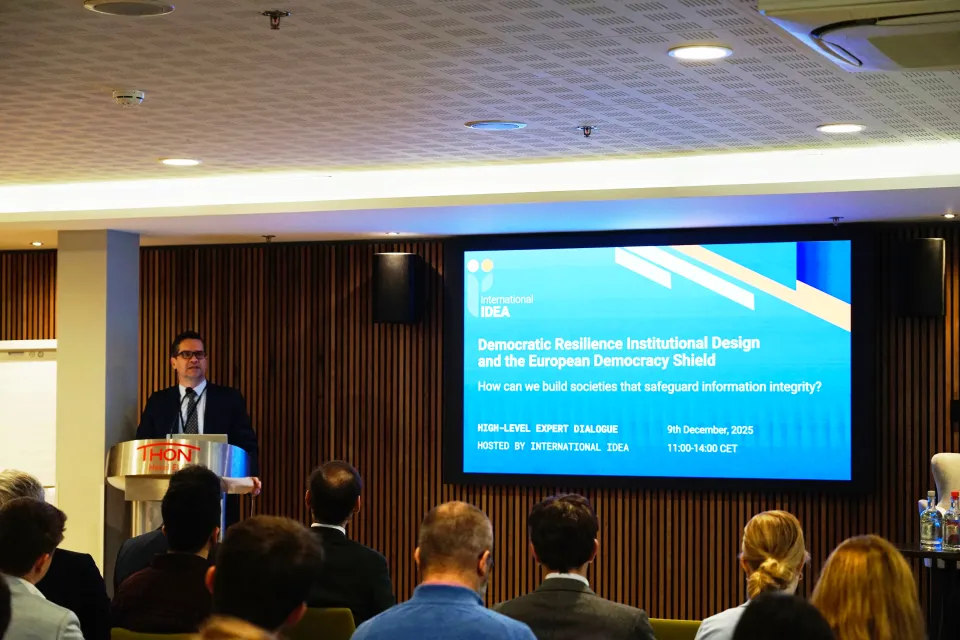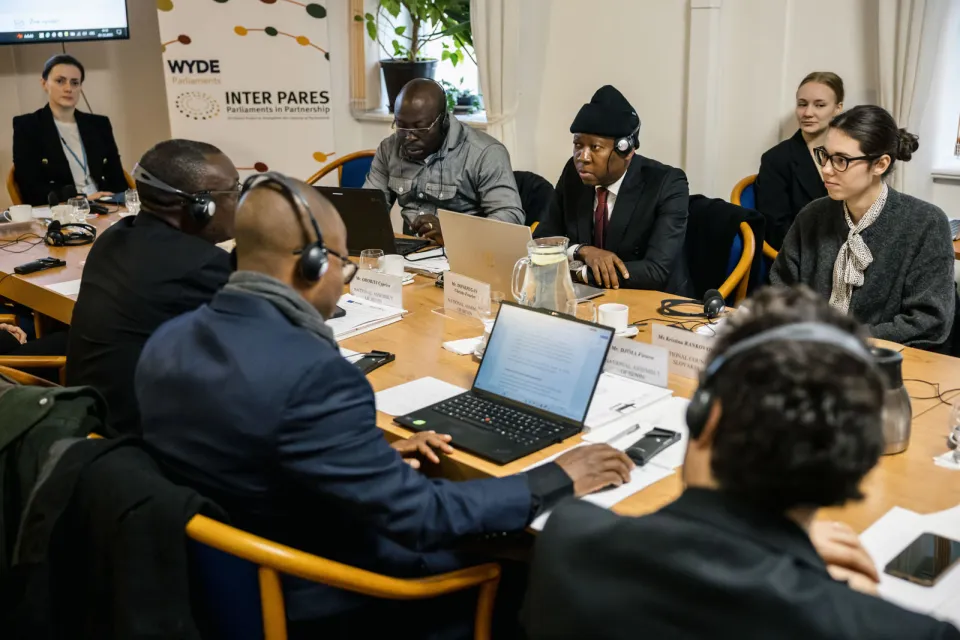Strengthening democratic governance through deliberation in Nepal

Nepal held local elections in 2017 for the first time in almost 20 years – a critical step set out in the 2015 Nepalese constitution for the implementation of the federal system. For the first time in Nepal, a quota system ensured seats for over 40% women and representation of marginalised communities in the 753 local governments of Nepal. In many cases, however, representation tended to remain cosmetic because of deep-rooted structural inequalities that stand as a barrier to the meaningful participation of women and marginalised communities in democratic processes.
Local governments are the closest to citizens and with having the highest voter turnout among elections at all three levels. This does not just reflect the aspirations of the people but shows that they also have a critical role in the federalisation process of the country. With relatively greater power on the hands of local representatives than in the earlier system, the prime question and concern are how this will be exercised. With the importance of this 'how' in mind, International IDEA, in partnership with Nepal’s Ministry of Federal Affairs and General Administration (MoFAGA), and the UK Department for International Development (DFID), designed the Coherence Programme (2017-2019). The programme aims to promote deliberation in local government decision-making and help to build a system of democratic local governance.
As one key component of the programme pairs young mentors with representatives of six local governments of Karnali Province (Western Nepal) as “helping hands” to better understand the system, functions and processes of local government. At the core of this ideal is the support to deliberative decision-making, so that public decisions are made in the best interest of everyone and with a sense of ownership in the decision-makers – promoting a culture of dialogue among the elected representatives, and between the representatives and the citizens (or citizen groups) they represent.
For the team working with the local representatives of the Chaurjahari Municipality (one of the pilot municipalities), the extent of internalisation of the concept of deliberation within the first three months of their engagement is encouraging. The importance of dialogue in political decision-making is increasingly being recognised by the elected representatives and local people, and they have started self-reflecting their previous actions.
"During the annual planning process, we never followed earlier steps such as consultations with locals but jumped straight to executive approval of the annual plan. All we did was clap from back seats. Sometimes we didn't even hear the voices of the speakers in the front. Now we understand how wrong that was." - Ward Chair of ward 11, Chaurjahari Municipality.
''Are they [elected representatives] liable to punishment if they do not hold consultations with us citizens during annual planning?” the team was asked by one local citizen.
The team has been using a matrix and spider diagrams to assess the level of deliberation in the local government Executive Committee and Ward Committee meetings after explaining the elements of deliberation and its importance in building democratic local governance. Deliberative decisions involve following a formal, inclusive, collective, reasoned, and evidence-based process, and with all decision-makers competent and able to contribute. When the members of one of the wards were asked to assess the status of deliberative decision-making in their ward applying these elements, at first participants marked good scores on the deliberation spider diagram – until the ward chair confessed that nothing of that sort has been followed so far and they should rather try to improve the situation than to paint an untrue picture. One ward chair of another ward suggested to include the Mayor as well in such an exercise, expressing his dissatisfaction over the way things were being done in the Executive.
As the saying goes, the first step of solving a problem is acknowledging that there is a problem in the first place. Although these are only preliminary results, from the first few months of the mentor teams’ work we are starting to see that local representatives have realised that there was little dialogue in the political processes before, and the importance of deliberation. How (or whether) they will act on this realisation and change their behaviour in the future is yet to be seen, as the annual planning session for the upcoming fiscal year 2019/20 has just begun.




